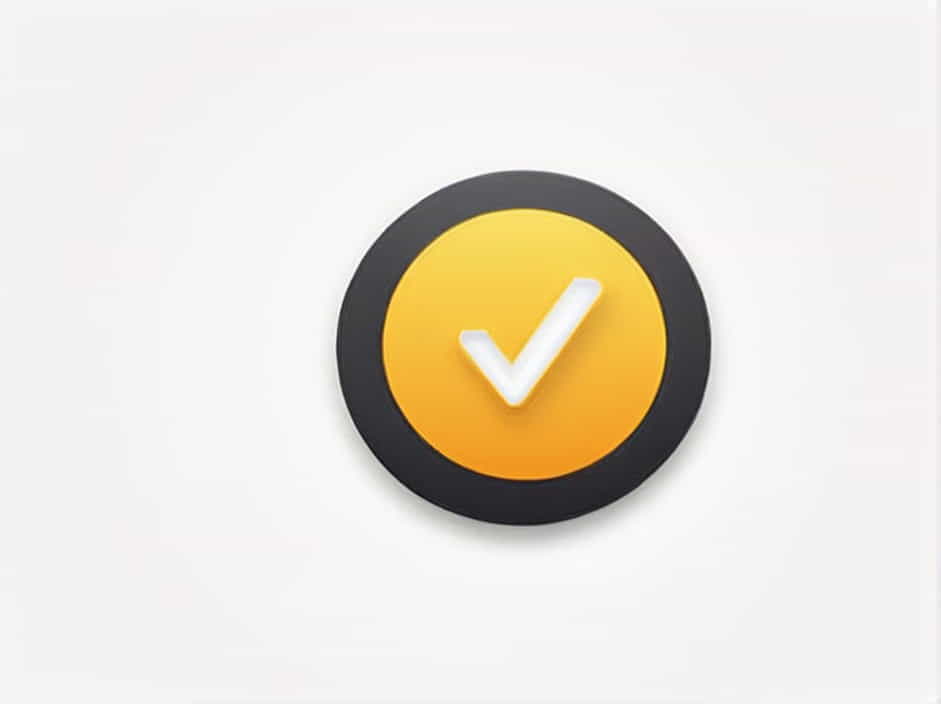Privilege is a concept that plays a significant role in society, influencing access to opportunities, resources, and advantages. While it is often associated with social and economic status, privilege can exist in many forms, including legal, cultural, and institutional privileges.
This topic explores the definition of privilege, its different types, and how it affects individuals and communities.
1. What Is Privilege?
Definition of Privilege
Privilege refers to a special right, advantage, or immunity granted to a particular person or group. This advantage may come from social status, economic background, gender, race, or other factors that provide benefits not available to everyone.
Origins of the Word “Privilege”
The word “privilege” comes from the Latin privilegium, meaning “a law or rule applying to a specific individual or group.” Over time, the meaning evolved to represent any special advantage or right that is not shared equally by all people.
2. Types of Privilege
Privilege exists in various forms, affecting different aspects of life. Below are some common types:
1. Social Privilege
Social privilege refers to advantages given to certain groups based on their social identity, such as race, gender, nationality, or religion.
- Racial Privilege – People from dominant racial groups may have better access to education, employment, and social mobility.
- Gender Privilege – In many societies, men historically have had more opportunities than women in leadership and decision-making roles.
- Citizenship Privilege – Being a citizen of a developed country often provides greater access to healthcare, legal protection, and economic opportunities.
2. Economic Privilege
Economic privilege is the advantage of wealth and financial stability. It allows individuals to access:
- Quality education
- Healthcare services
- Job opportunities
- Property ownership
3. Legal Privilege
Legal privilege refers to special rights granted under the law that protect certain individuals or groups. Examples include:
- Diplomatic Privilege – Foreign diplomats have immunity from certain local laws.
- Attorney-Client Privilege – Conversations between a lawyer and client are legally protected.
4. Educational Privilege
Access to quality education is a form of privilege that can affect:
- Future career opportunities
- Social mobility
- Economic stability
People with better educational resources often have more success in life compared to those from underprivileged backgrounds.
5. Institutional Privilege
Institutional privilege refers to systemic advantages embedded in organizations, governments, or workplaces that benefit certain groups over others. Examples include:
- Bias in hiring practices
- Unequal access to leadership positions
- Favorable policies for certain communities
3. How Privilege Affects Society
Privilege shapes many aspects of daily life, often creating inequality between individuals and groups. Here are some key effects:
1. Unequal Opportunities
People with privilege have better access to jobs, education, and financial stability, while those without it face significant challenges.
2. Social Divisions
Privilege can create barriers between social groups, leading to discrimination, bias, and misunderstanding.
3. Representation and Influence
Privileged groups often have greater influence in politics, media, and leadership positions, affecting policies and cultural norms.
4. Impact on Mental Health
Lack of privilege can lead to stress, anxiety, and lower self-esteem, especially for marginalized communities facing constant challenges.
4. Recognizing Privilege
Understanding privilege is essential for creating a fairer society. Here are some ways to recognize and address it:
1. Self-Reflection
Individuals can assess their own privileges by asking:
- What advantages do I have that others may not?
- Have I ever benefited from an unfair advantage?
2. Listening to Different Perspectives
Hearing the experiences of people from diverse backgrounds helps increase awareness and empathy.
3. Supporting Equal Opportunities
Taking action to support equal access to education, jobs, and rights can help reduce privilege-based inequality.
4. Challenging Biased Systems
Recognizing and addressing discriminatory policies and practices can promote fairness in institutions.
5. Common Misconceptions About Privilege
1. Privilege Means You Haven’t Worked Hard
Having privilege does not mean someone didn’t work for their success, but rather that they had advantages that others did not.
2. Privilege Is Always Obvious
Some forms of privilege, like racial or economic privilege, are visible, while others, like educational privilege, may not be immediately noticeable.
3. Privilege Can’t Be Changed
While privilege exists, people can use their advantages to help create a fairer society by advocating for equal opportunities.
Privilege is an important concept that influences opportunities, access to resources, and social status. By understanding privilege, individuals can work toward creating a more inclusive and fair society. Recognizing privilege is not about guilt, but about awareness and using advantages to support those who face disadvantages.
